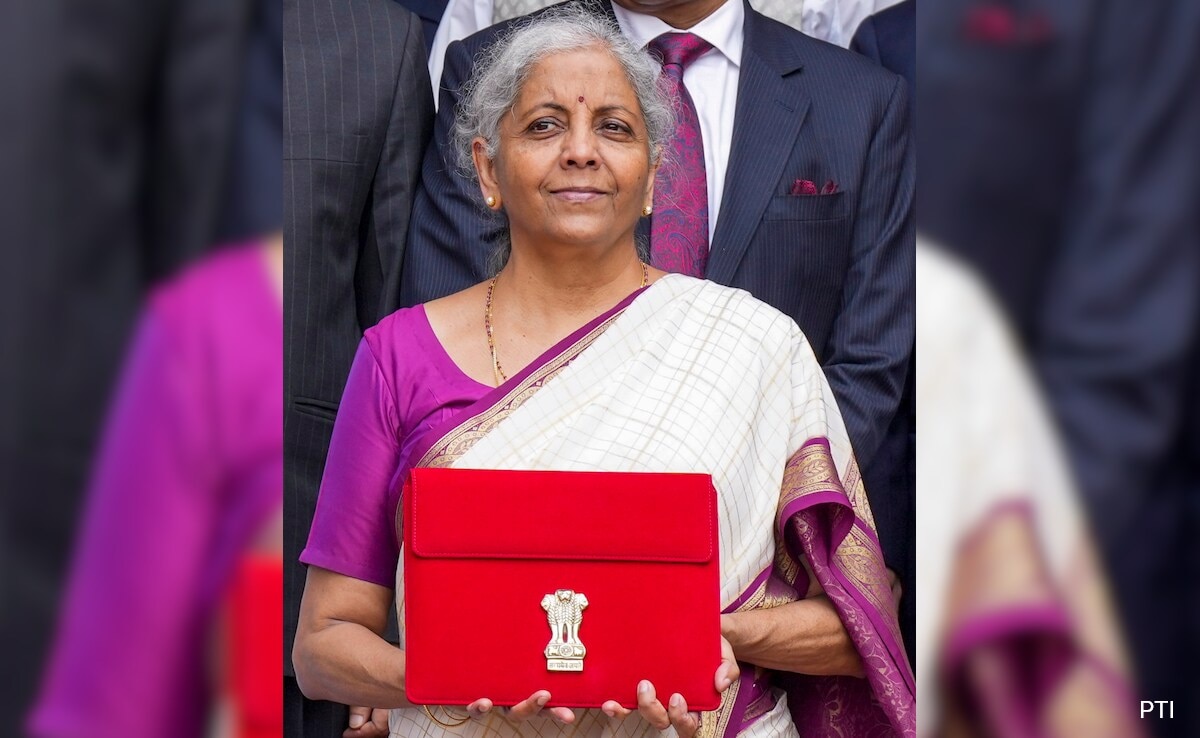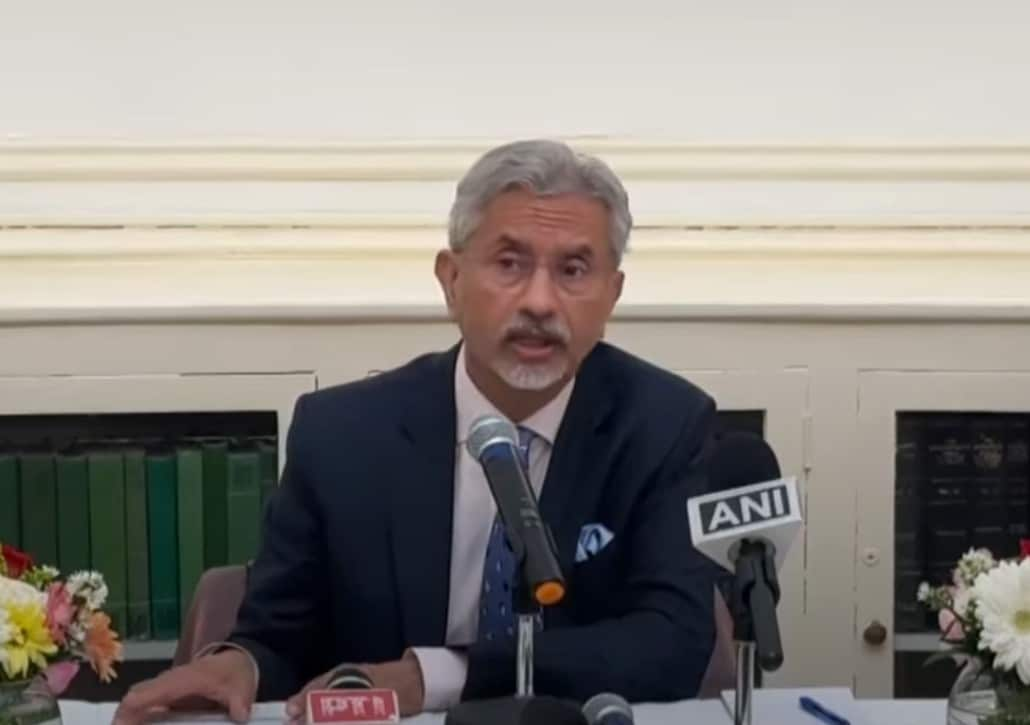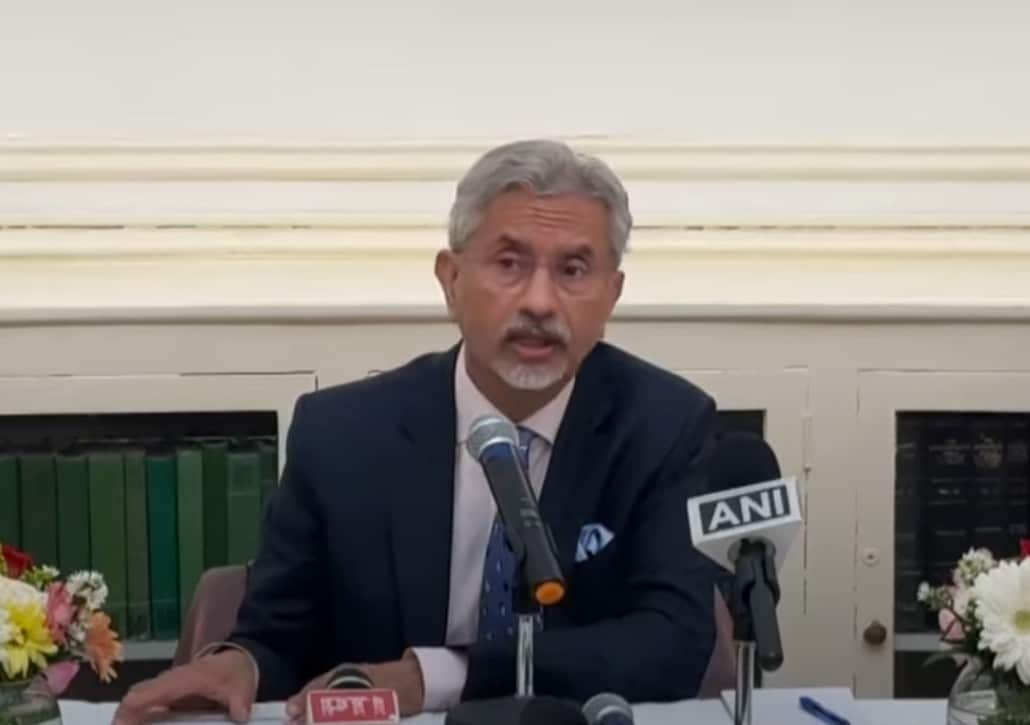The Union Budget 2025, to be unveiled by Finance Minister Nirmala Sitharaman on February 1, is drawing significant attention, particularly for its expected implications on income tax for taxpayers. With increasing living expenses and economic pressures, many are hopeful for initiatives that provide relief and boost disposable income.
Also Read| Union Budget 2025: When Will Nirmala Sitharaman Present Budget? Check Date And Time
The budget holds significant influence over the economy, particularly by impacting prices and incomes. Through adjustments to taxes, duties, and subsidies, it can alter the cost of goods and services, shaping consumer behaviour and overall economic dynamics.
Understanding the Budget’s Impact on Incomes
Direct Effects:
- Income Tax Changes: Adjustments to tax slabs or rates directly affect take-home pay.
- Revisions in Deductions/Exemptions: Changes influence disposable income and savings potential.
- Capital Gains Tax Adjustments: Alterations impact returns on investments such as stocks, real estate, and bonds.
- Professional Tax/Surcharges: These changes particularly affect net earnings for higher-income groups.
Indirect Effects:
- Infrastructure Spending: Increased government spending on infrastructure generates jobs and drives income growth in sectors like construction and allied industries.
- Interest Rate Changes: Fluctuations affect borrowing costs (e.g., EMIs) and returns on savings, impacting disposable income.
- Sector-Specific Incentives: These can lead to higher wages and job opportunities in targeted industries.
- Social Welfare Schemes: Additional income or support is provided to vulnerable groups, enhancing their financial stability.
Also Read| Why Is The Union Budget Presented On February 1
The budget session will be broadcast live on various news channels and can also be streamed online through official government platforms and news websites.




